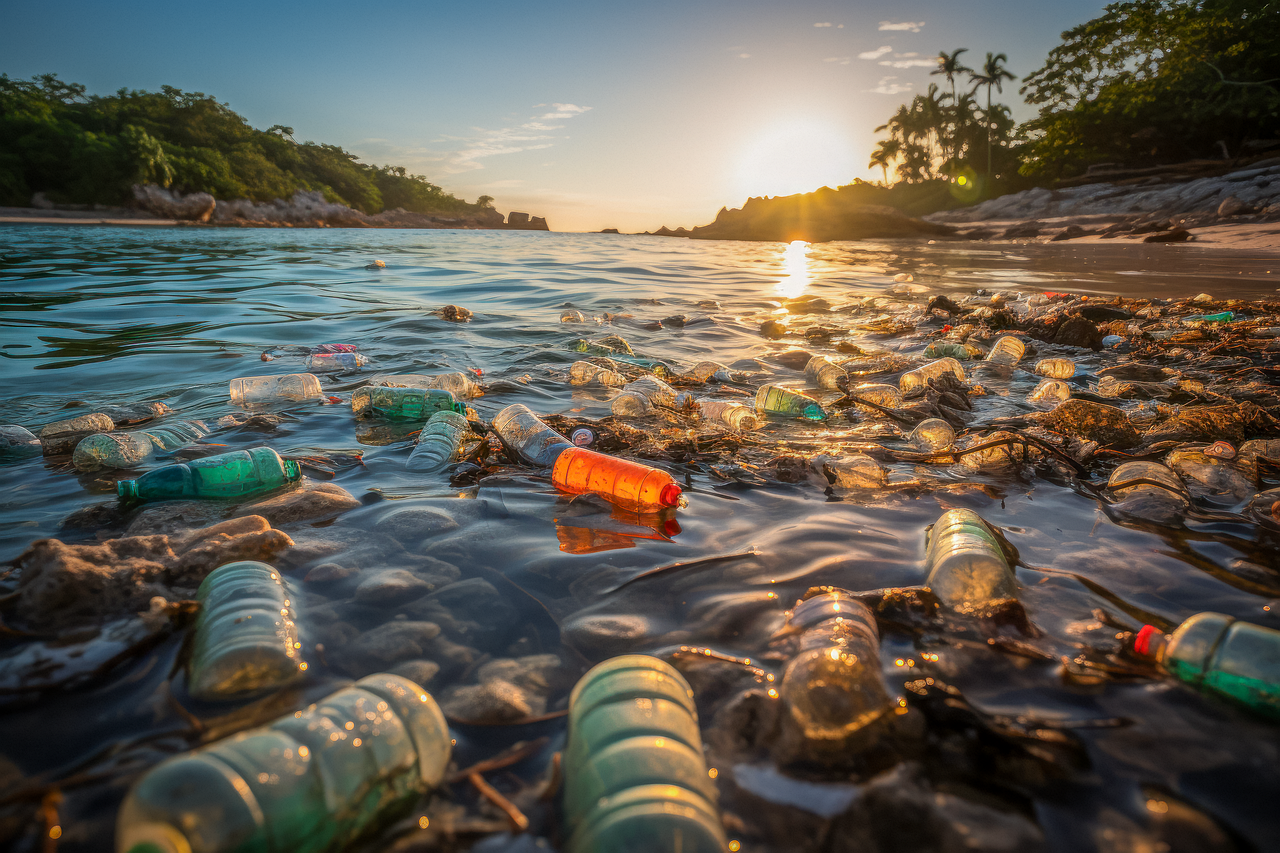* Terms and Conditions apply.

Image by Friedrich Teichmann from Pixabay
I recently came across a compelling study about plastic pollution that I found particularly eye-opening. Here are some of the key findings.
Over 300 million tons of plastic are produced each year, with a substantial portion ending up in our oceans. This plastic not only threatens marine life but also disrupts entire ecosystems. The research estimates that approximately 1 million marine creatures die each year due to plastic debris, including entanglement and ingestion.
The study also examined the effectiveness of current recycling efforts, revealing that only 9% of plastic ever produced has been recycled. A staggering 79% ends up in landfills or as litter, contributing to long-lasting pollution. The researchers advocate for improved recycling technologies and infrastructure to enhance recovery rates and reduce the volume of plastic waste that enters our environment.
Another critical aspect highlighted in the research is the rise of microplastics, tiny plastic particles less than 5mm in size, which have infiltrated our food chain, water sources, and even the air we breathe. The study found detectable levels of microplastics in 90% of tap water samples tested globally. This finding raises serious concerns about human health and the effectiveness of current regulations on plastic production and waste management.
Moreover, the study emphasises the importance of reducing single-use plastics. It recommends adopting alternatives, such as biodegradable materials and reusable products, to help mitigate the plastic crisis. The researchers advocate for policies that encourage the reduction of plastic production and incentivize sustainable practices at both the consumer and corporate levels.
Overall, this study sheds light on the dire need for a collective response to plastic pollution. The findings highlight that everyone—from individuals to industries and governments—has a role to play in creating a more sustainable future. I encourage you to read through the study for a deeper understanding of these critical issues and consider how you can contribute to solutions in your own life.